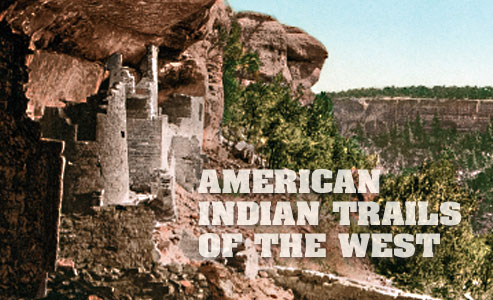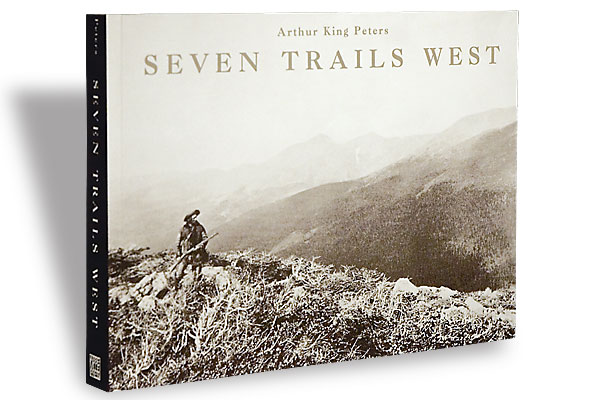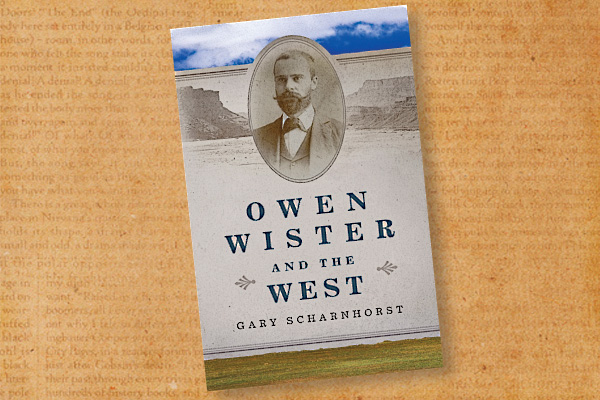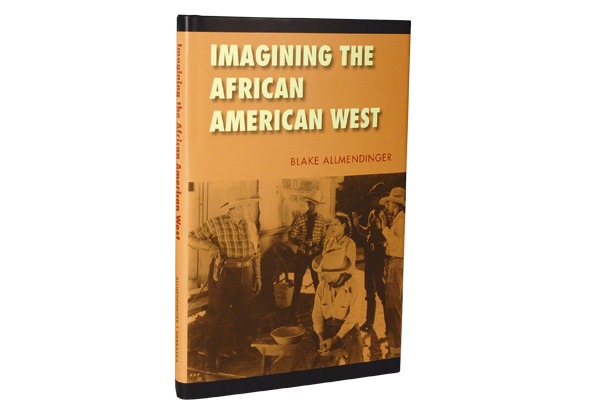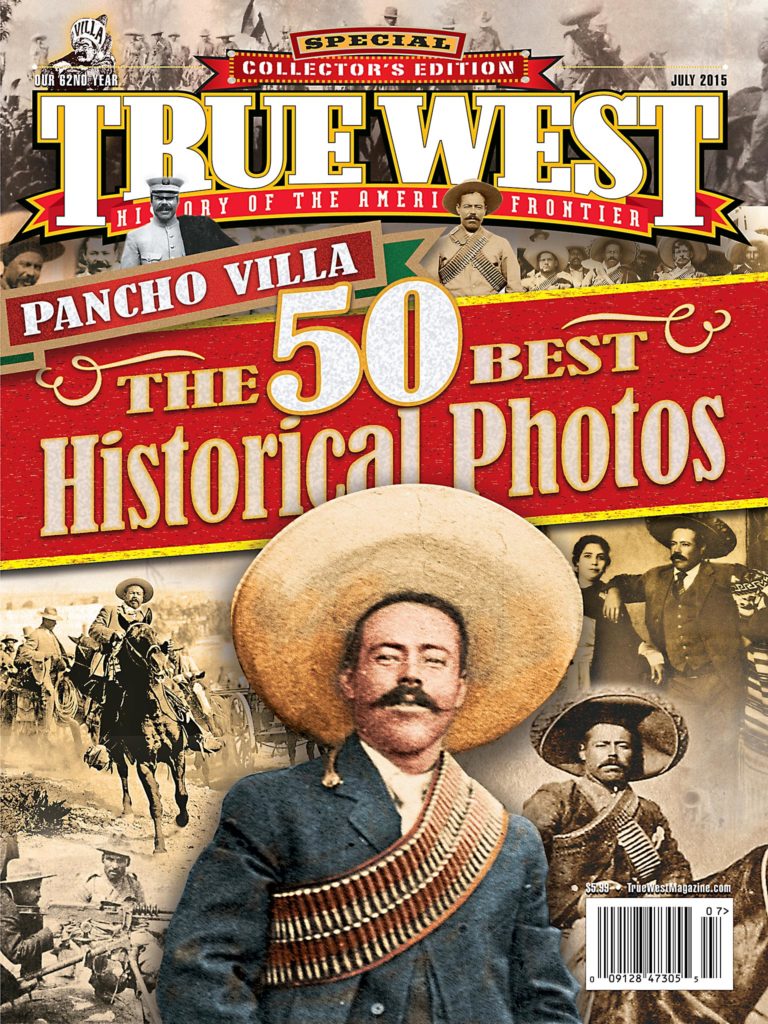Nebraska-Oklahoma Ponca Trail
The legacy of Standing Bear stands tall across the Great Plains.
“My hand is not the same color as yours. But if I prick it, I shall feel pain. If you pierce your hand, you too will feel pain. The blood that flows will be the same color.
I am a man.”
These words, spoken in an Omaha, Nebraska, courtroom by Ponca Chief Standing Bear, resulted in a May 12, 1879, landmark decision to free this man and his followers from arrest for leaving a reservation in Oklahoma.
In May of 1877, the Poncas had been forced from their northern Nebraska homeland on the Niobrara River, walking 600 miles in 55 days to Oklahoma Indian Territory. Eventually they were placed near today’s Ponca City, Oklahoma.
When Standing Bear’s son died in l879, his father fulfilled a promise to bury him in the Nebraska homeland. He and some 20 of his followers began the long trek back. They were arrested as they neared their homeland.
Today, a magnificent 22-foot bronze stature of Standing Bear, hand extended toward the Nebraska homeland, stands in Ponca City, part of a 63-acre park featuring a museum and education center dedicated to six area tribes. In the Ponca homeland near Niobrara, Nebraska, is the Ponca Museum and Library commemorating the remarkable Standing Bear.

